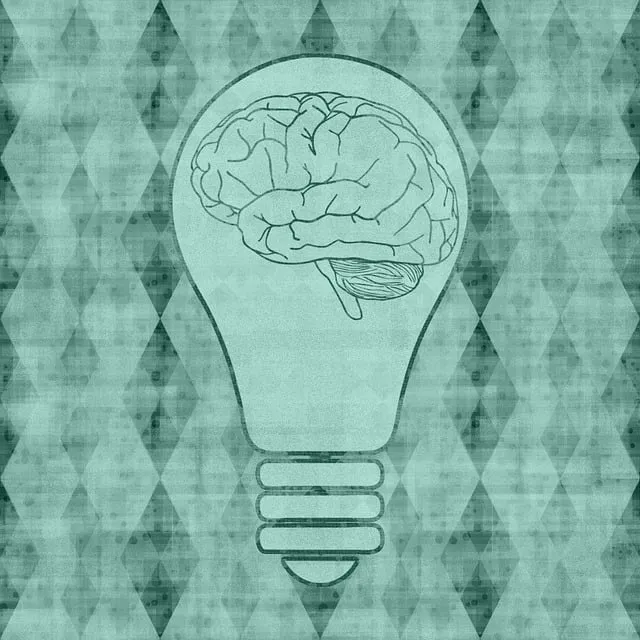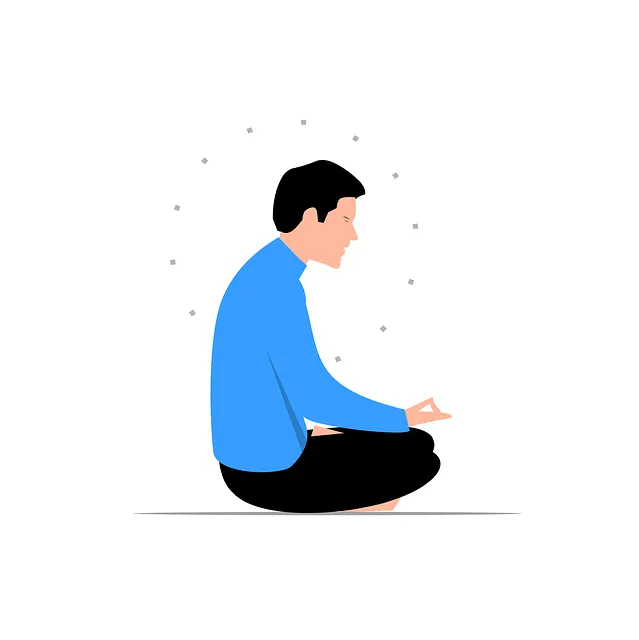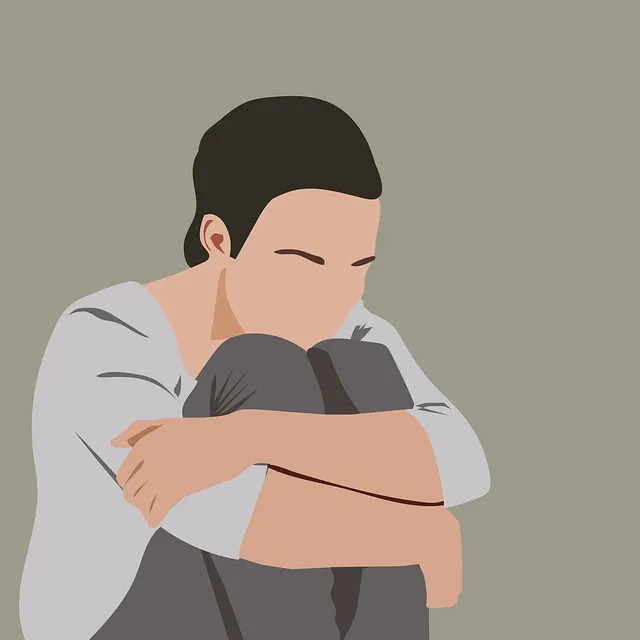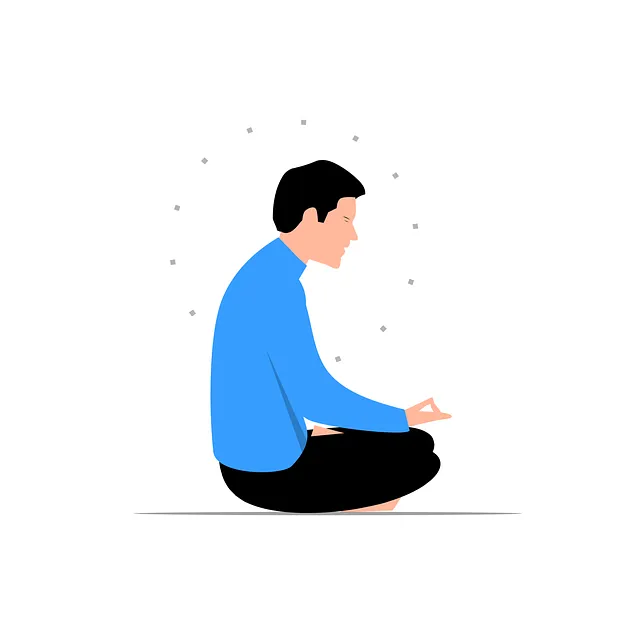The RFM framework, developed by Golden Kaiser Permanente psychiatrists, promotes holistic mental wellness by focusing on community connection, purpose, and support networks. This model, emphasizing community-driven interventions, equips individuals with coping strategies, strengthens social bonds, and fosters a sense of belonging through resilience training. Using Mind Over Matter principles, tailored exercises like mindfulness and cognitive reframing empower patients to build mental strength and adapt to challenges more effectively. Integrating these programs into standard care at Golden Kaiser Permanente shows positive outcomes in psychiatry, enhancing patient stress management, emotional regulation, and self-esteem.
“Resilience is a powerful tool in navigating life’s challenges, and RFM (Recovery, Flexibility, and Mastery) offers a structured approach to enhancing mental well-being. This article explores the significance of RFM in fostering resilience, drawing insights from Golden Kaiser Permanente Psychiatry’s successful implementation of resilience-building exercises. We delve into how these exercises not only equip individuals with coping strategies but also transform clinical settings, providing a practical guide for healthcare professionals aiming to integrate resilience training into their practices, as demonstrated by Golden Kaiser Permanente’s pioneering efforts.”
- Understanding RFM: A Framework for Resilience and Mental Well-being
- The Role of Exercises in Building Resilience at Golden Kaiser Permanente Psychiatry
- Practical Integration: Implementing Resilience Training in Clinical Settings
Understanding RFM: A Framework for Resilience and Mental Well-being

Understanding RFM, a framework designed by Golden Kaiser Permanente psychiatry experts, offers a comprehensive approach to enhancing mental well-being and building resilience. This model recognizes that an individual’s connection to their community, their sense of purpose, and access to meaningful support networks are integral to overall health. By focusing on these key aspects, RFM provides a structured path towards fostering mental resilience in various settings, including healthcare provider cultural competency training.
Incorporating RFM into mental wellness initiatives equips individuals with effective coping strategies, strengthens social connections, and cultivates a sense of belonging. This holistic perspective challenges the traditional focus solely on individual therapy, advocating instead for community-driven interventions that address structural barriers to mental health care. It emphasizes the importance of cultural competency training for healthcare providers, enabling them to offer more inclusive and accessible support tailored to diverse populations’ unique needs and experiences.
The Role of Exercises in Building Resilience at Golden Kaiser Permanente Psychiatry
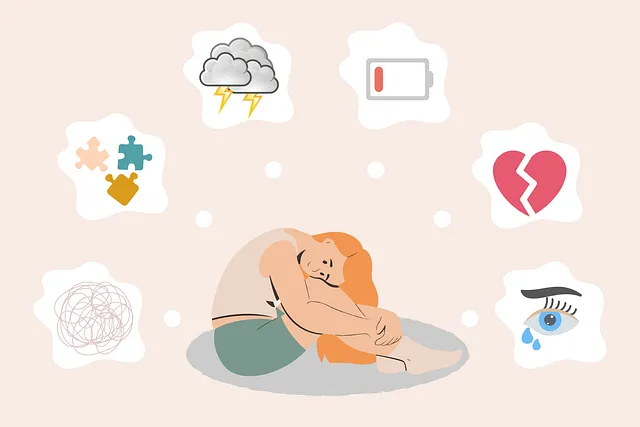
At Golden Kaiser Permanente Psychiatry, we recognize that building resilience is a cornerstone of emotional well-being promotion techniques. Our approach integrates Mind Over Matter principles to empower individuals with effective stress reduction methods. Through tailored exercises and interventions, we help patients navigate life’s challenges by fostering mental agility and emotional coping strategies.
These exercises are meticulously designed to strengthen the mind-body connection, encouraging individuals to embrace a growth mindset. By engaging in regular practices, whether it’s mindfulness meditation, cognitive reframing, or physical activity, our patients develop enhanced resilience, enabling them to bounce back from setbacks with greater ease and adaptability.
Practical Integration: Implementing Resilience Training in Clinical Settings

In clinical settings, integrating resilience training into standard care offers a promising approach to enhancing patient outcomes, particularly in psychiatry at renowned institutions like Golden Kaiser Permanente. These exercises aim to equip individuals with effective coping strategies, fostering emotional agility and fortitude against life’s challenges. By incorporating techniques that promote mood management and self-esteem improvement, healthcare professionals can empower patients to better navigate stressors, ultimately leading to improved mental health and well-being.
The practical application involves tailoring resilience training programs to meet the unique needs of diverse patient populations. For instance, group therapy sessions focused on building emotional regulation skills can foster a sense of community and shared understanding among individuals facing similar struggles. Such interventions not only support emotional regulation but also encourage social connections, which are vital for overall mental health and recovery.
Resilience is a pivotal aspect of mental well-being, and the RFM framework offers a structured approach to enhancing it. As demonstrated by Golden Kaiser Permanente Psychiatry’s successful implementation of resilience-building exercises, clinical settings can play a crucial role in fostering this strength. By integrating practical, evidence-based training into their practices, healthcare professionals can empower individuals to navigate life’s challenges more effectively. This not only contributes to improved mental health outcomes but also has the potential to revolutionize care within Golden Kaiser Permanente and beyond.
